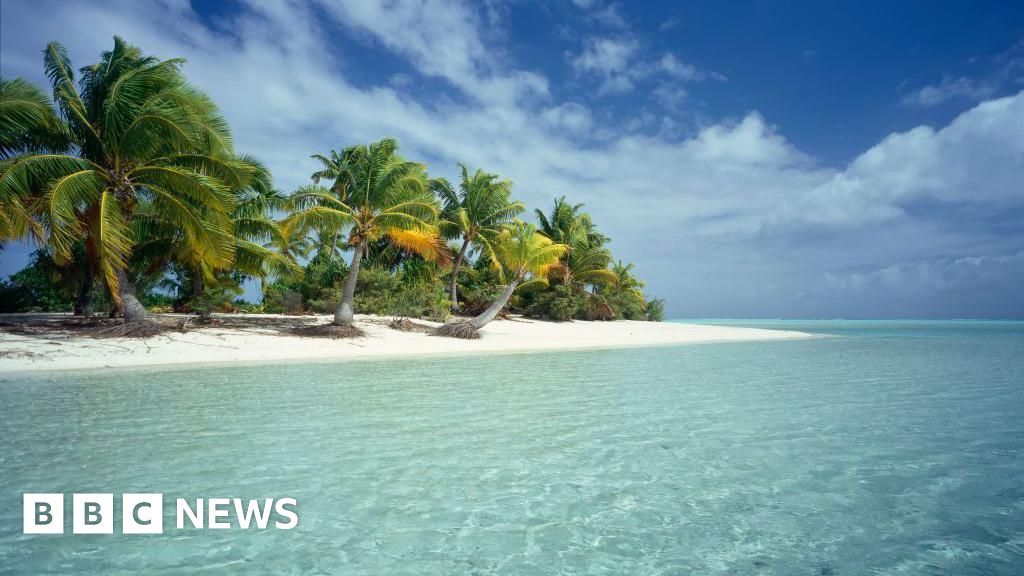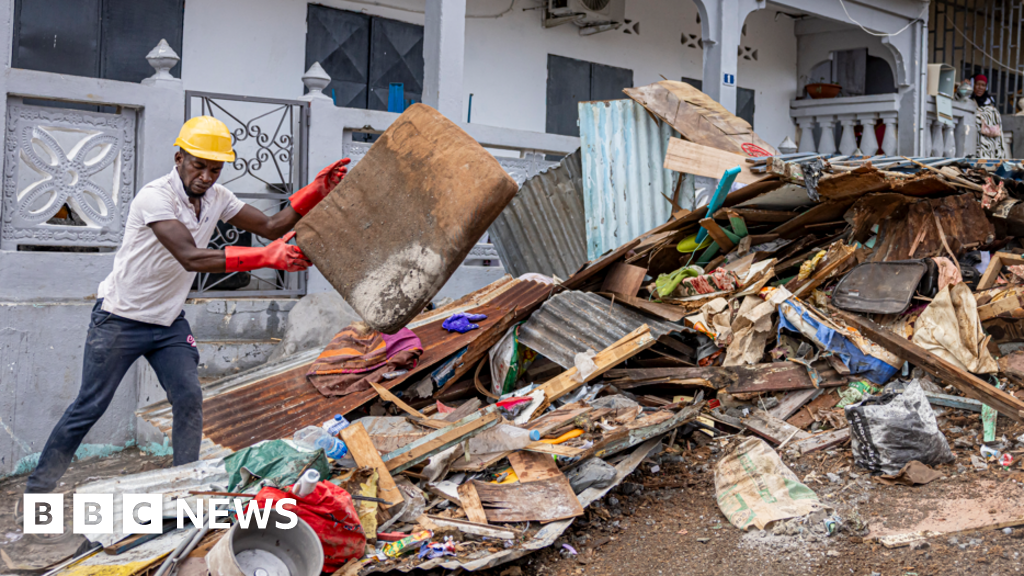
The world’s largest man-made lake is in crisis as water levels hit a record low. (Image: Getty)
The world’s largest man-made lake, which stretches across two southern African countries and took five years to be filled, is in crisis.
A punishing drought has drained the huge reservoir close to record levels, raising the prospect that the Kariba Dam, which powers the economies of Zambia and Zimbabwe, may have to shut down for the first time in its 65-year history.
While the lake, capable of holding a staggering 185 cubic metres of water across 2,150 square miles, may look impressive from above, in reality, the southern African region has just suffered from the worst mid-rainy season dry spell in a century due to El Nino.
El Nino is a global climate phenomenon that emerges from variations in winds and sea surface temperatures over the tropical Pacific Ocean. It is associated with higher-than-normal air and sea level pressure over Indonesia, Australia, and across the Indian to the Atlantic Ocean and is known as the “warming phase.”
The dry spell has led authorities to ration water allowed to flow through the Kariba Dam, and, in recent months, power cuts of up to 21 hours a day in Zambia on the lake’s northern side and 17 hours in Zimbabwe to the south.

Lake Kariba in Zimbabwe. (Image: Getty)
This has had a devastating effect on local livelihoods and has hit the countries’ already weak economies. Zambia is recovering from a protracted debt restructuring, while Zimbabwe suffers from chronically high inflation. The drought has destroyed crops, leading to a hunger crisis across much of southern Africa. Small businesses in Zimbabwe also struggle to survive without a regular power supply.
To make matters worse, average temperatures in both countries have already been rising in recent decades as the climate breakdown tightens its grip.
“This is the worst [it’s ever been],” said Cephas Museba, the manager of the hydropower plant on Zambia’s side of the lake, who has worked for the country’s national power company, Zesco, since 2005, the Guardian wrote.
He highlighted that concrete beams lying below the reservoir’s surface are now clearly visible. On the other side of the 128-metre-high concrete wall of the dam were dark brown rocks rising from an island from the Zambezi River, which forms the border between the countries.
“Everything brown there, down there, is supposed to be underwater,” Museba said. “All the year.”
Lake Kariba was formed following the damming of the Zambezi River in the Kariba Gorge, where the river narrows between hills of hard rock 250 miles below Victoria Falls.

Fishermen, once able to pull a tonne of fish a night, are now lucky to catch even one 25kg crate. (Image: Getty)
Invalid email
We use your sign-up to provide content in ways you've consented to and to improve our understanding of you. This may include adverts from us and 3rd parties based on our understanding. You can unsubscribe at any time. Read our Privacy Policy
Lake Kariba is over 139 miles long and up to 25 miles wide. The mean depth of the lake is 95 feet, with a maximum of 318 feet. As a result, it took between 1958 and 1963 to fill. About 57,000 people were displaced, and around 6,000 large animals were rescued from rising waters in an effort known as Operation Noah.
It is the world’s largest man-made reservoir by volume, four times as large as the Three Gorges Dam in China.
Zimbabwe’s 1,050MW power station accounts for about 38% of the country’s generating capacity. Zambia’s 1,080MW counterpart represents about a third.
In Zambia’s underground power station, six big metal cylinders host the station’s turbines. However, only one turbine was being run at partial capacity to conserve water.
At Kariba Dam, Museba said that the reservoir’s depth, which lay at 77cm away from requiring the power station to be closed down completely in mid-October, was falling at 1cm a day. e.
“The situation is getting worse. The water levels are dropping. Sometimes you see an island where you normally should not see an island,” said Peter Mashonga, a 64-year-old boat captain. “This is not the first time for the lake to drop. But, the way it has dropped now, it is worse than in 1996, when it last happened.”
“We ask God to give us rain this year because things are not looking well for the future of fishing,” added fisherman Pride Dzomba.

 1 month ago
6
1 month ago
6










 English (US) ·
English (US) ·